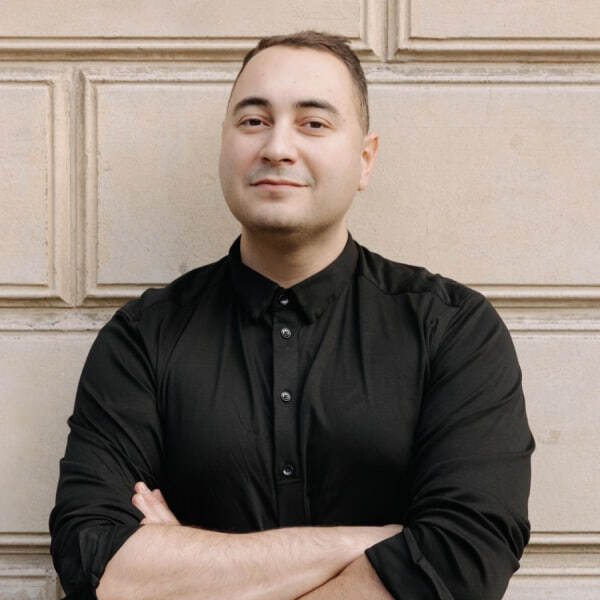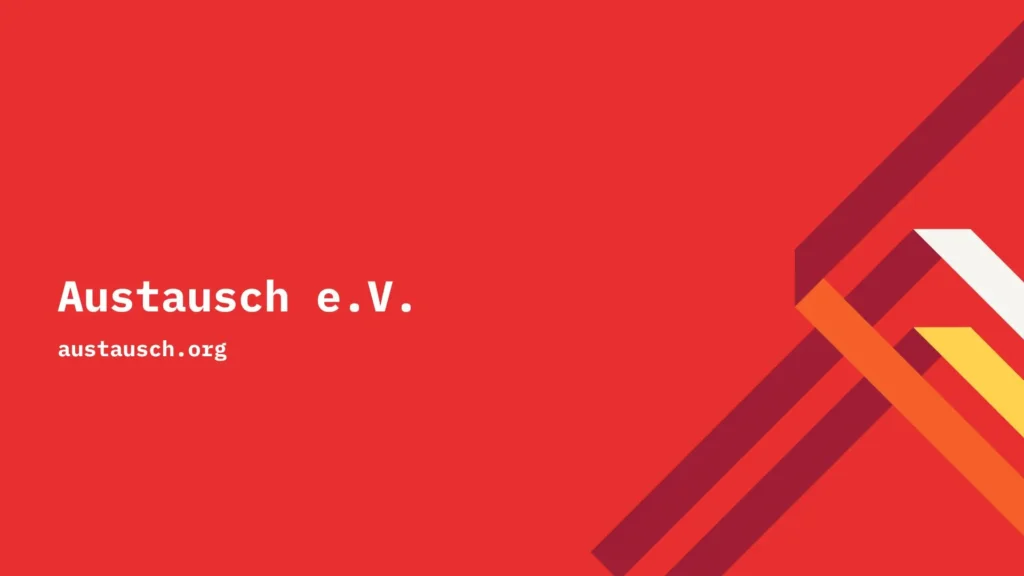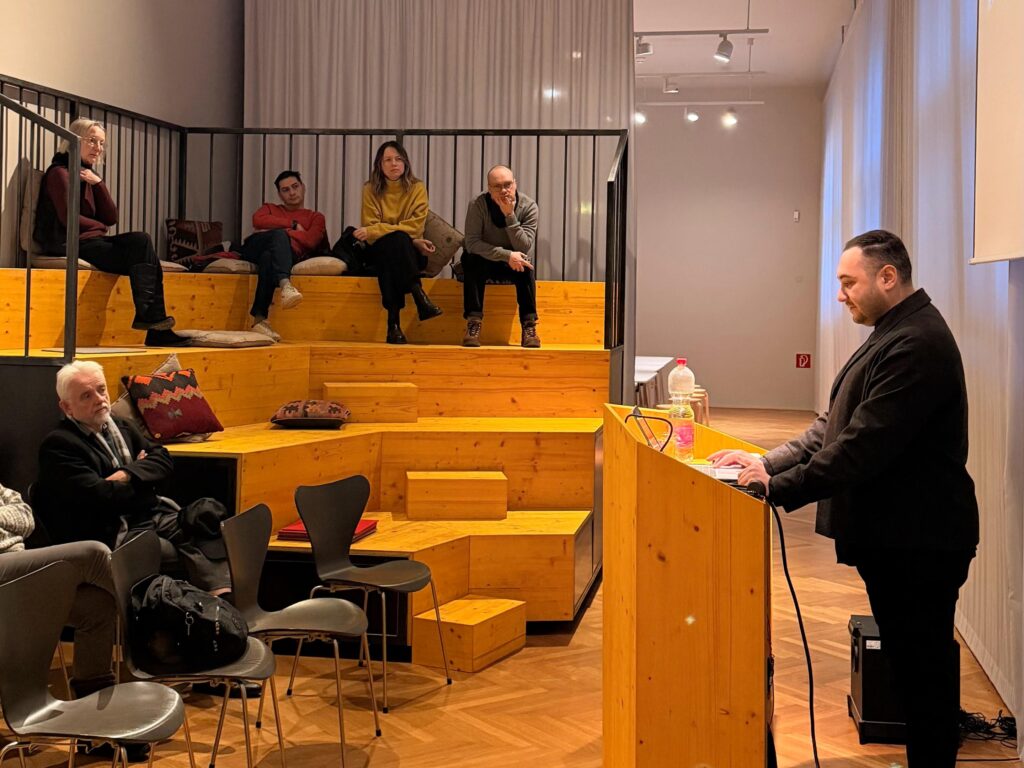Igor Mitchnik, First Executive Director

What projects are you currently working on within the organization?
I’m responsible for the overall leadership of Austausch e.V. and work closely with our team and board to shape our strategic direction – across all ongoing and planned projects.
What motivates you to work in the social and public sector – and especially at Austausch e.V.? Why is this work personally important to you?
I strongly believe that civil society organizations play an essential role in our societies. What drives me is the search for effective, future-oriented responses to the challenges of our time – especially through exchange and collaboration with civic initiatives from across the OSCE region. To strengthen democratic movements, advance social change, and foster sustainable local development – in Germany as well as in our partner countries – we need to think and act across borders.
Civil society actors promote transparency, demand accountability, and strengthen democratic participation. At the same time, they build just, vibrant, and sustainable communities – through dialogue, economic inclusion, gender equity, and environmental engagement. These are all cornerstones of resilient democracies.
What has been your most meaningful experience working with Austausch e.V. so far?
Building and leading our field office in eastern Ukraine for nearly two years was a defining experience – both professionally and personally. It was deeply rewarding to see our community-based approaches begin to take root in a society marked by conflict and tension. At the same time, it was heartbreaking to witness how this work was destroyed by Russia’s full-scale invasion – and how our Ukrainian team, along with many partners, friends, and their families, were forced to flee. It was a sobering and painful reminder of how quickly democratic progress can be undone in the face of authoritarian force – and it reinforced my determination to support civic resilience where it’s needed most.
What other professional experiences have shaped you the most?
Beyond my work at Austausch e.V., it was especially my humanitarian and analytical work in Ukraine – both before the full-scale invasion and from 2022 to 2024 on the ground – that left a deep mark on me. This experience gave me valuable insight into crisis management, steering complex change processes, fostering resilience, and navigating political and societal dynamics under extreme conditions.
Is there a book that has particularly inspired you – and why?
It’s hard to name just one favorite, but Bloodlands by Timothy Snyder significantly deepened my understanding of the historical context in Ukraine, Poland, and the Baltic states.
Is there a place in Berlin or elsewhere in Germany that particularly inspires or relaxes you?
When I really need to unwind, you’ll probably find me with a book in a certain quiet spot in a spa. But I’ll keep that place to myself!
What kind of music do you listen to when you need motivation or want to relax?
Dark jazz and various forms of electronic music.
Tell us a fun fact about yourself that most people don’t know.
I’m German. So by default, I don’t consider myself particularly funny.





